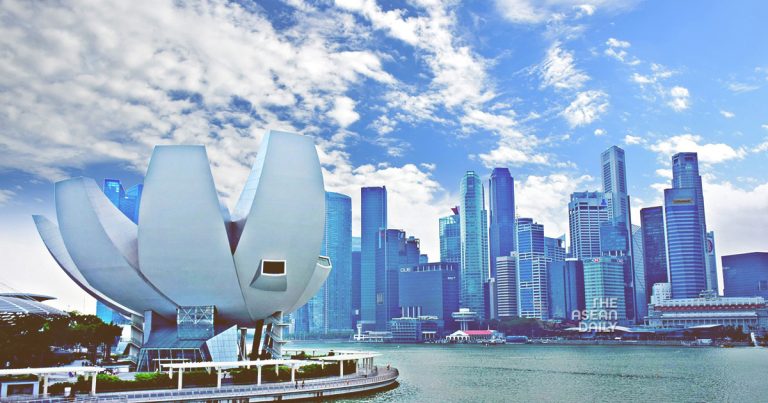12-12-2023 (SINGAPORE) Singapore, long hailed as a financial haven with open arms for the world’s elite, is reeling from a seismic shock that has exposed the vulnerabilities of its acclaimed financial system. The recent arrest of Wang Dehai, a fugitive from China implicated in a colossal money-laundering case, has triggered a cascade of investigations and raised unsettling questions about the efficacy of Singapore’s policies in attracting wealthy individuals.
Five years ago, Wang Dehai sought refuge in Singapore, leaving behind a trail of allegations related to an illegal gambling ring in China. Establishing a family office and acquiring an employment pass, Wang and his wife seamlessly integrated into Singapore’s affluent society. They held substantial assets, including a lavish S$23 million condominium in Orchard, accounts with Credit Suisse, and a significant cryptocurrency portfolio.
However, Wang’s idyllic existence was shattered in August when he, along with nine other individuals of Chinese origin, was arrested in connection with the largest money-laundering case in Singapore’s history. The fallout from the arrests has rippled through the nation, prompting a reevaluation of policies that allowed an alleged influx of illicit funds into some of the world’s major banks.
Singapore’s allure for the ultra-wealthy has been fueled by generous tax incentives and residency programs, resulting in an exponential growth of its financial industry. Over the years, the city-state has attracted billionaires like James Dyson and Ray Dalio, leading to a significant increase in assets overseen by the money management sector.
The recent influx of wealthy Chinese investors, seeking refuge from pandemic restrictions and crackdowns in their home country, has further boosted Singapore’s appeal. With ethnic Chinese constituting a majority of the population and Mandarin being widely spoken, Singapore became a natural choice for those looking to safeguard their wealth.
However, the recent arrests have cast a shadow over this reputation, signaling that Singapore may be unwittingly becoming a haven for tainted funds. The focus has turned to policies such as family office programs, with authorities questioning whether tax incentives were misused by the accused.
Among the ten individuals arrested, at least five are associated with family offices, raising concerns about the potential abuse of tax breaks. The number of family offices in Singapore has nearly tripled since 2020, with over 1,100 such entities managing fortunes from around the world as of the end of 2022.
Some of the accused have also invested in existing businesses or established their own ventures to solidify their ties. Wang, for instance, invested in a Chinese restaurant chain, Delibowl Pte, while another accused, Su Haijin, became a director at listed restaurant firm No Signboard Holdings Ltd in 2021.
The arrests have prompted Singapore to reevaluate the loopholes in its system that may have facilitated such illicit activities. A particular focus is on a loophole allowing foreigners to start businesses by hiring a citizen or permanent resident as an authorized representative. This has led to some locals holding positions in hundreds of companies simultaneously, raising concerns about the transparency and legitimacy of these arrangements.
Singapore’s corporate registry, with close to 600,000 entities registered, has become a lucrative business. The lack of limits on the number of directorships has come under scrutiny, with proposed rule changes set to be tabled in parliament next year to address potential abuses.
Authorities are also scrutinizing the banks involved with the accused, including Credit Suisse, Julius Baer Group Ltd, Citigroup, DBS Group Holdings Ltd, Oversea-Chinese Banking Corp, and United Overseas Bank Ltd. The exposure of these banks to the alleged money launderers has raised questions about their due diligence and risk management practices.
While DBS has acknowledged exposure of almost S$100 million, UOB and OCBC downplay their exposure, emphasizing its immateriality and insignificance, respectively. Citigroup, based in New York, has asserted its commitment to combating money laundering and collaborating with authorities to fortify the integrity of the financial system.
In the wake of this unprecedented scandal, Singapore finds itself at a crossroads, balancing its reputation as a financial powerhouse with the imperative to fortify its regulatory frameworks. The outcome of these investigations will undoubtedly shape Singapore’s financial landscape and determine whether the city-state can maintain its status as a global financial hub.




